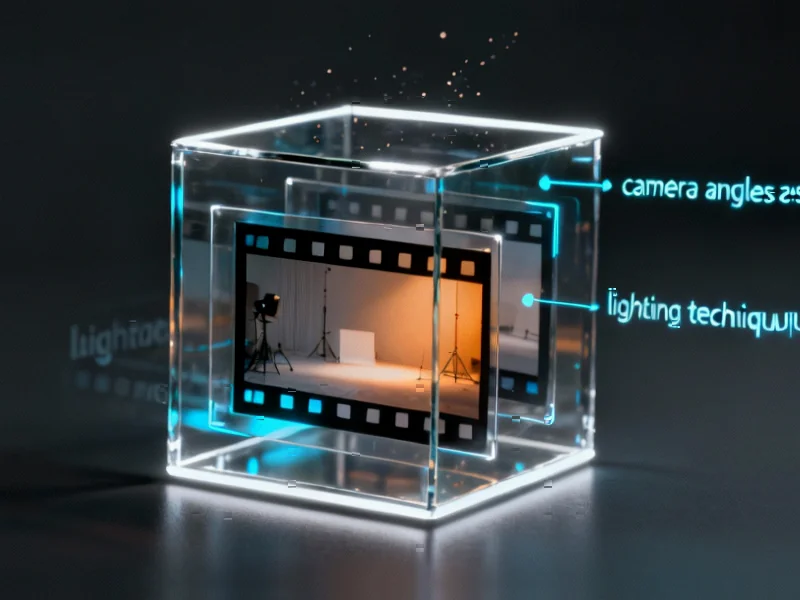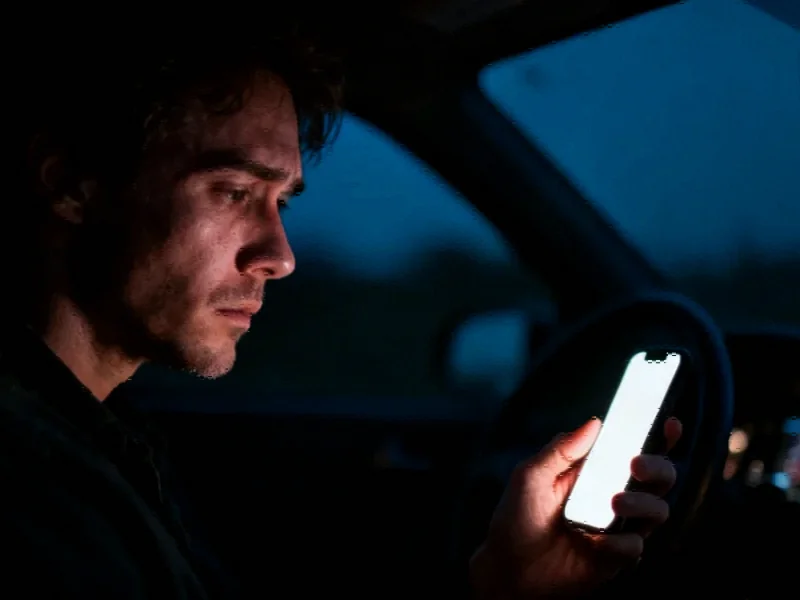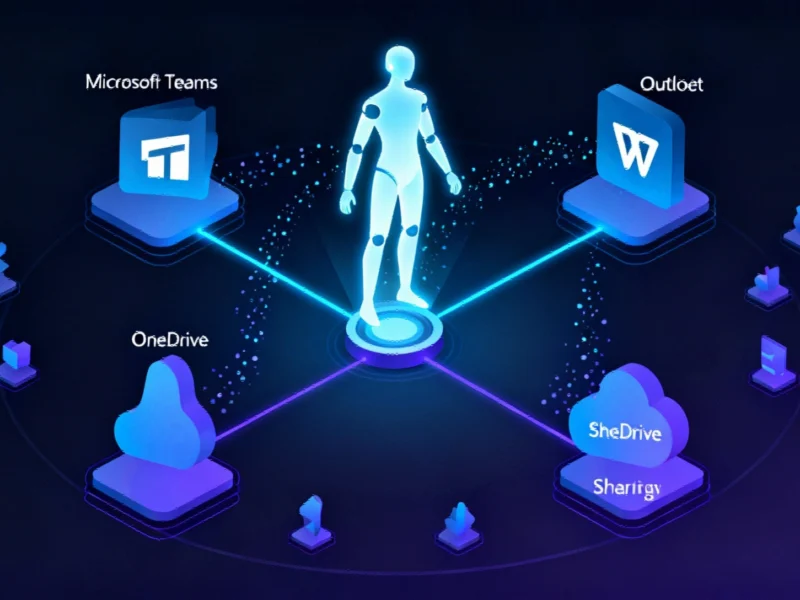xAI’s Video Training Methods Revealed
Elon Musk’s artificial intelligence company xAI has reportedly been using clips from Hollywood films, including Universal Pictures’ “Hellboy II: The Golden Army,” to train workers for its video AI projects, according to internal documents and sources familiar with the initiative. The company’s practices highlight the ongoing copyright tensions between AI developers and content creators across the entertainment industry.
Table of Contents
Sources indicate that over the past several months, dozens of AI tutors at xAI have been engaged in detailed video annotation work for an internal project codenamed “Vision.” Workers were allegedly instructed to perform comprehensive labeling of five- to ten-second video clips, analyzing shot composition, camera depth and view, cinematography style, and lighting, according to internal documents viewed by Business Insider.
Detailed Annotation Process
The report states that employees provided in-depth breakdowns of scene settings and individual objects within the field of view. Two workers familiar with the project described Vision as resembling a film school exercise, noting it was more detailed than most projects they had worked on at xAI. Sources indicated that workers recalled annotating clips from various Hollywood films and television shows as part of their Vision project work.
Analysts suggest this level of detailed annotation is crucial for training sophisticated video generation AI systems. The project also involved annotating creator-made videos and foreign films, according to workers familiar with the initiative.
Broader Industry Copyright Challenges
The use of copyrighted material for AI training remains a fluid and complex legal area across the AI industry. Hollywood studios and other rights-holders increasingly argue that such training could constitute copyright infringement, while technology companies typically contend it’s necessary for developing advanced AI products.
Matt Blaszczyk, a research fellow at the University of Michigan Law School, told Business Insider that “at every stage of the process — downloading the data, storing the data, filtering, then with outputs, at every stage there is possible infringement. The question is if they’re doing it for the machine to learn or to generate outputs.”
Company Response and Industry Context
When presented with detailed questions about these practices, xAI reportedly responded with the statement “Legacy Media Lies,” repeating the same message in multiple follow-up communications. Universal Pictures representatives did not respond to requests for comment, though the studio began adding warnings to its films in August stating that content “may not be used to train AI.”
Mark Lemley, director of Stanford University’s Program in Law, Science and Technology, suggested that Hollywood studios need to balance protecting their work with encouraging technology that could benefit them. “Part of finding that balance is that if we want the technology to work well, it has to be trained on quality work,” he told Business Insider. “You’ll get worse AI if you’re only using amateur videos or if you’re limited to a small subset of licensed material.”
Legal Precedents and Industry Actions
The report comes amid increasing legal action against AI companies over copyright concerns. In June, Disney and Universal filed a joint copyright infringement lawsuit against text-to-image AI company Midjourney, which has announced plans to release an AI video service. The complaint alleges the company trained its AI models on copyrighted material from movies.
Last month, Anthropic settled a copyright infringement lawsuit for $1.5 billion after being accused of using pirated books to train its large language model. Several news organizations, including Business Insider, have also pursued lawsuits against AI companies over copyright claims.
AI Video Generation Ambitions
Musk has publicly stated ambitious goals for xAI’s video capabilities. He announced earlier this month that the company plans to release a “watchable” full-length film by the end of 2026 and “really good movies” in 2027. The company’s Grok Imagine image and video generation tool debuted in July, with Musk showcasing its capabilities through reenactments of famous film scenes.
Employees also worked on a separate video project called “Moongazer,” which involved identifying individual elements like transitions, captions, and infographics in clips from news segments, amateur videos, tutorials, and foreign films, according to sources.
Testing Reveals Copyright Handling Variations
In tests conducted by Business Insider, AI image generation tools showed inconsistent approaches to handling copyrighted content. When asked to create an image of Hellboy, ChatGPT initially declined but offered to create “something inspired by Hellboy” instead, producing a red-skinned demon named “Heckboy.” In later tests, the chatbot agreed to add the title “Hellboy” to similar images.
By contrast, xAI’s Grok chatbot provided direct images of Hellboy, and its Grok Imagine feature generated numerous options for AI-created Hellboy images and short clips when tested.
Expert Legal Perspectives
Hayleigh Bosher, an intellectual property researcher at Brunel University, told Business Insider that the legal industry is racing to keep pace with AI innovation. “The key factor seems to be whether the output will compete commercially with the original work and what that means for the market,” Bosher said.
Yelena Ambartsumian, an AI governance and intellectual property lawyer, suggested that many AI companies are taking a calculated risk by training on high-quality content without explicit permission. “Their bet is: ‘We’re going to develop this and claim it’s transformative, so we don’t have to pay for the work. Our company will be a success and we can afford to pay for it later, or our company will fail and it won’t matter,'” she told Business Insider.
As AI companies continue pushing the boundaries of video generation capabilities, the legal landscape surrounding training data remains uncertain, with court decisions likely to shape how these technologies evolve and who ultimately profits from the creative work that powers them.
Related Articles You May Find Interesting
- European Aerospace Giants Forge Satellite Powerhouse to Compete in New Space Rac
- AI Data Storage Demands Drive Infrastructure Modernization Push
- Mpumalanga’s Energy Evolution: How Coal Veterans Are Powering South Africa’s Ren
- Beyond Automation: How Agentic AI is Reshaping Business Operations and Human Rol
- Strategic Implementation of Deep Learning for IT Decision-Makers
References
- https://x.com/elonmusk/status/1975262861346951212
- https://x.com/elonmusk/status/1977694452224582138?s=12
- https://x.com/dvorahfr/status/1975885930683945363?s=12
- https://x.com/elonmusk/status/1976145604490265076
- https://www.hollywoodreporter.com/…/
- https://committees.parliament.uk/writtenevidence/126981/pdf/
- https://blog.samaltman.com/sora-update-number-1
- http://en.wikipedia.org/wiki/Universal_Pictures
- http://en.wikipedia.org/wiki/Cinema_of_the_United_States
- http://en.wikipedia.org/wiki/Business_Insider
- http://en.wikipedia.org/wiki/Artificial_intelligence
- http://en.wikipedia.org/wiki/Tony_Stark_(Marvel_Cinematic_Universe)
This article aggregates information from publicly available sources. All trademarks and copyrights belong to their respective owners.
Note: Featured image is for illustrative purposes only and does not represent any specific product, service, or entity mentioned in this article.



